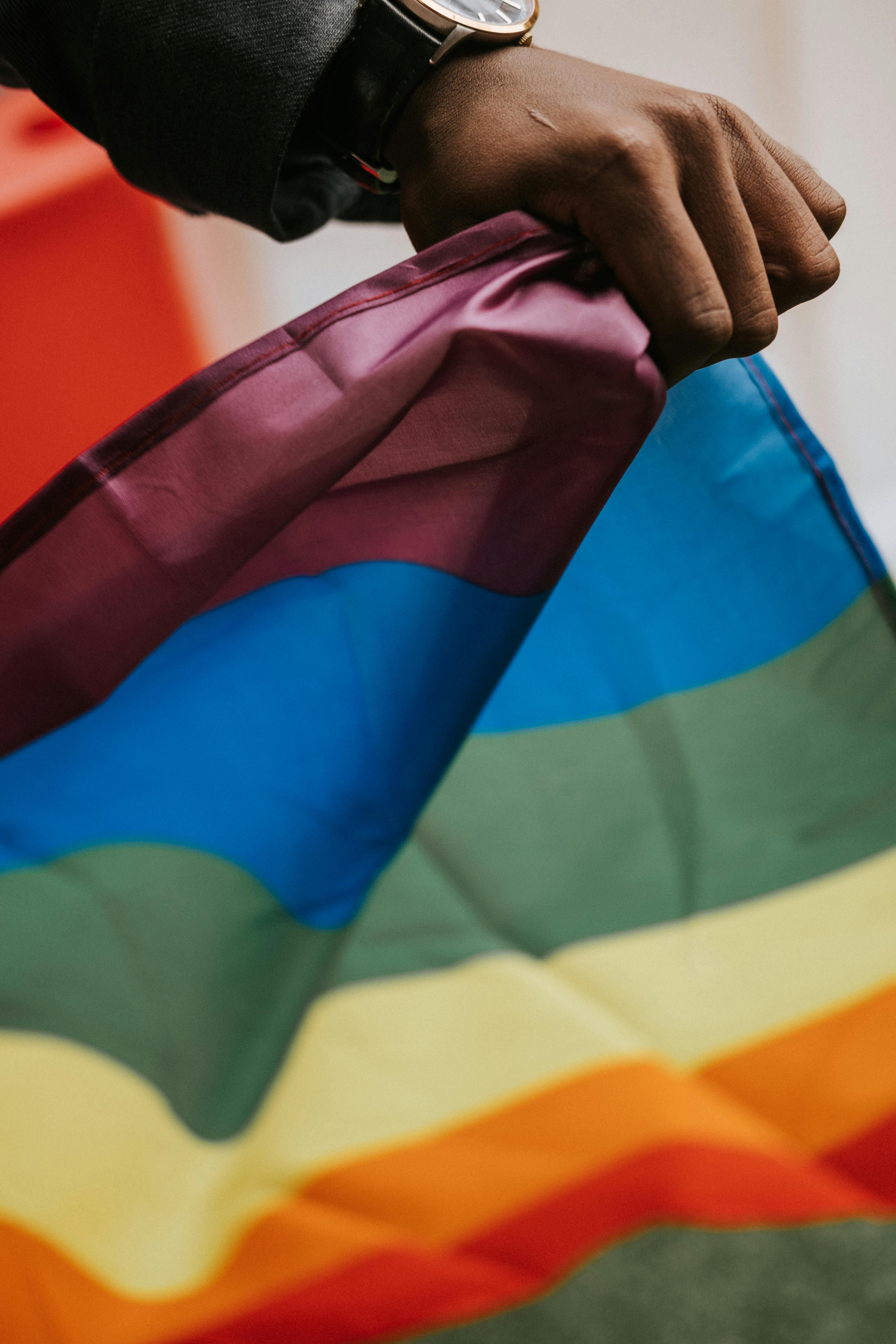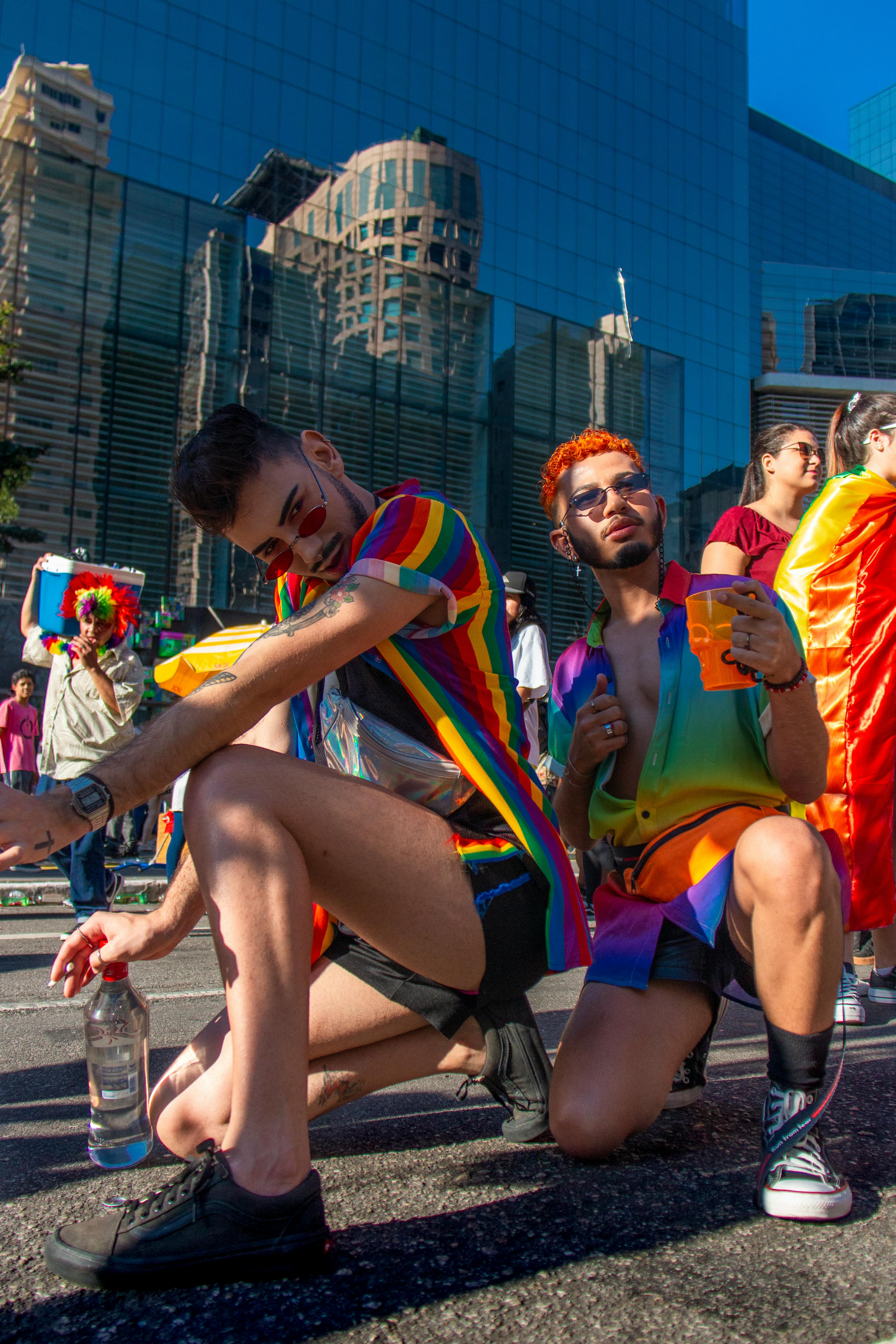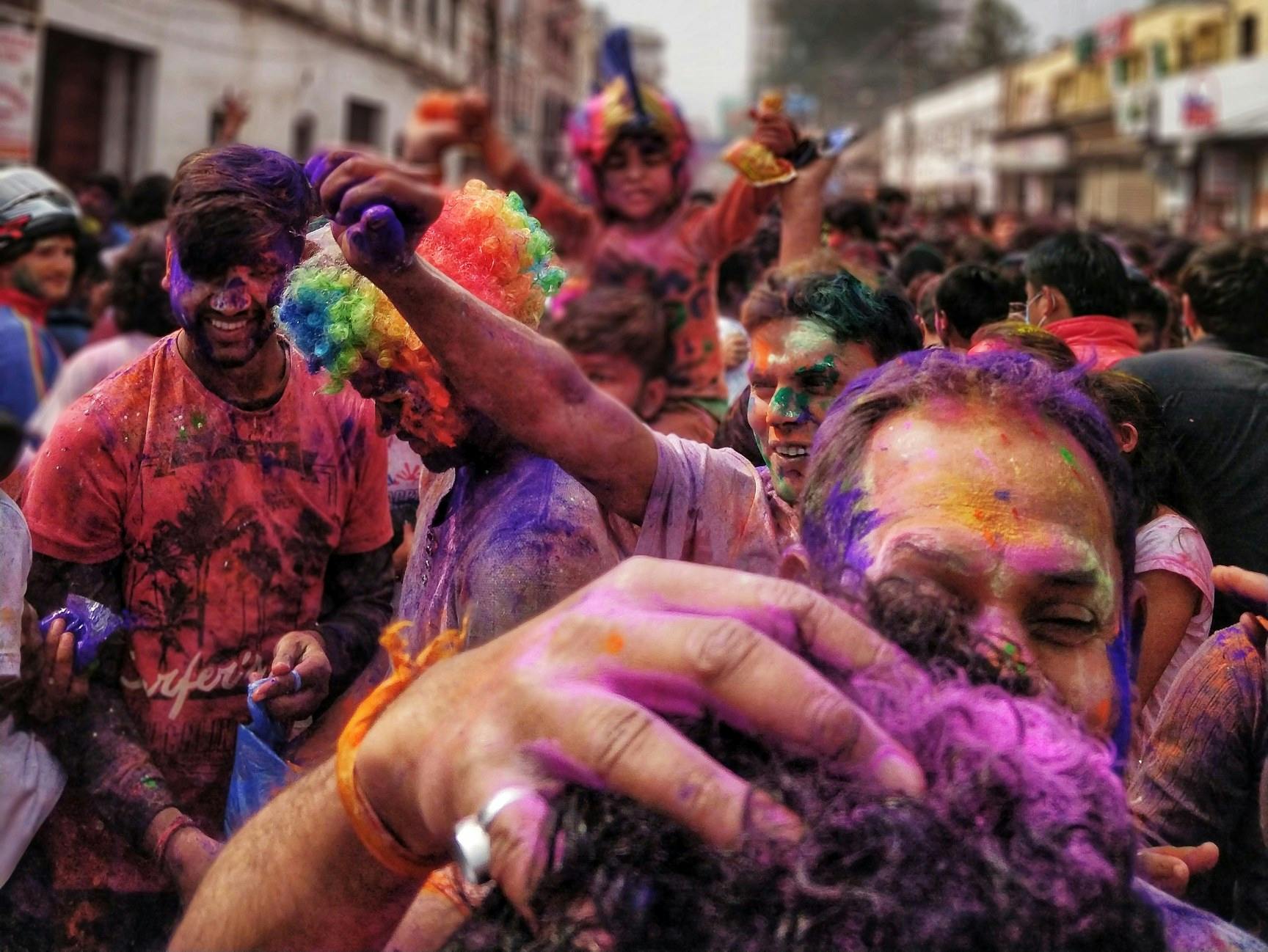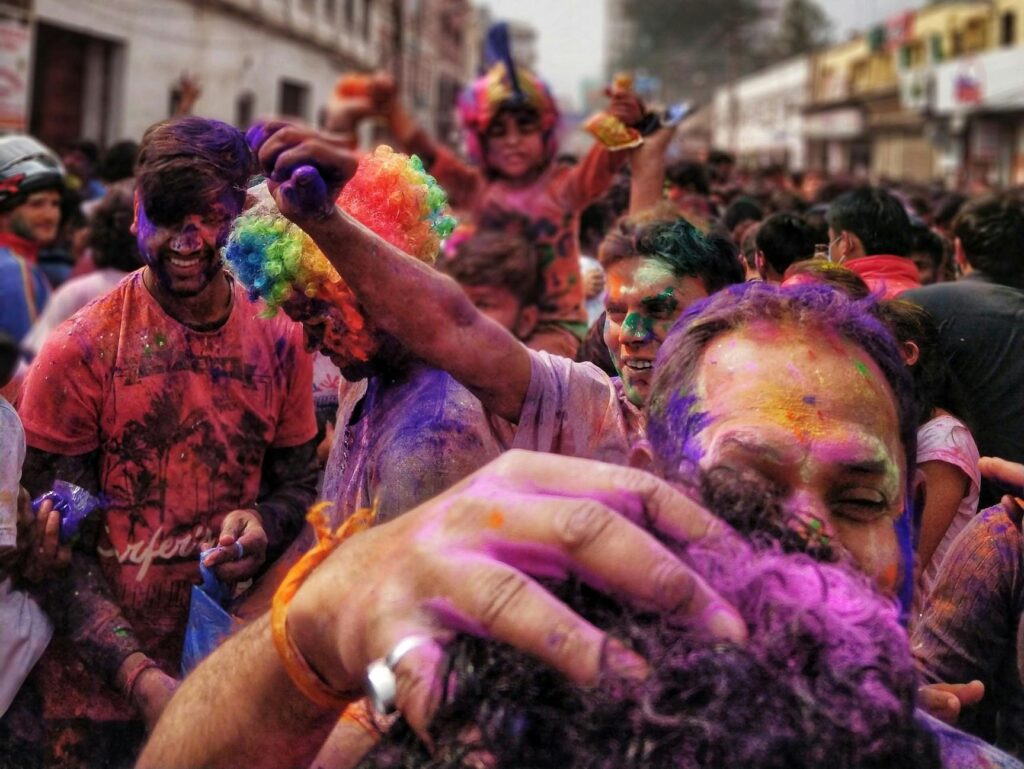Christopher Street Day Germany
Discover the history and significance of Christopher Street Day in Germany, an annual European LGBTQ+ celebration that stands as a beacon of pride, diversity, and advocacy.
Introduction
Christopher Street Day (CSD), an annual European LGBTQ+ celebration, has become one of the most prominent symbols of pride, diversity, and solidarity in Germany. Originating from the historic Stonewall Riots that took place on Christopher Street in New York City in 1969, the day now represents a significant event in the cultural and social calendar of many German cities. Just as the pioneering author Margaret Atwood paints pictures with her words, this article seeks to capture the essence of Christopher Street Day in Germany through vivid descriptions and insightful analyses.
Historical Background
The Stonewall Riots and Their Impact
The Stonewall Riots were a series of spontaneous demonstrations by the LGBTQ+ community against a police raid that took place in June 1969 at the Stonewall Inn, a gay bar in the Greenwich Village neighborhood of Manhattan, New York City. This event is widely considered the catalyst for the modern LGBTQ+ rights movement. The bravery and resilience of those who stood up for their rights on that fateful night have reverberated across the globe, inspiring annual celebrations known as pride parades, including Christopher Street Day in Germany.
The Birth of Christopher Street Day in Germany
Germany’s first Christopher Street Day parade was held in Berlin in 1979, ten years after the Stonewall Riots. It was a momentous occasion that set the stage for future celebrations. A multitude of activists and supporters came together to advocate for visibility, acceptance, and equal rights for LGBTQ+ individuals. The event has grown exponentially over the years, spreading to various cities and drawing ever-increasing numbers of participants.

Significance of Christopher Street Day in Germany
A Platform for Advocacy
Christopher Street Day in Germany is much more than a celebration; it is a powerful platform for advocacy. Each year, organizers highlight specific issues concerning the LGBTQ+ community, such as discrimination, legal recognition, and social acceptance. The parades and events serve as a public demand for change and legislation that promotes equality and safeguards the rights of LGBTQ+ individuals.
Showcasing Diversity and Inclusion
The day provides a space for diverse identities to be visible and celebrated. From gay and lesbian to transgender, non-binary, and queer individuals, everyone finds a place under the rainbow flag. This inclusivity creates a vibrant tapestry that adds depth and richness to the celebration, making it an inspiring testament to human diversity.
Strengthening Community Bonds
Christopher Street Day events foster a sense of community and belonging among LGBTQ+ individuals and their allies. These gatherings act as safe spaces where people can express their true selves without fear of judgment or discrimination. The shared experiences and solidarity reinforce the bonds within the community, empowering individuals and groups alike.
Cities Celebrating Christopher Street Day
Berlin
Berlin, the vibrant capital of Germany, is known for its dynamic LGBTQ+ scene and hosts one of the largest Christopher Street Day parades in the country. Each year, hundreds of thousands of participants flock to the streets to join in the festivities. The parade traverses through iconic landmarks such as Brandenburg Gate and Siegessäule, culminating in a massive festivity filled with music, dance, and speeches advocating for LGBTQ+ rights.
Cologne
Cologne’s Christopher Street Day celebration, also referred to as Cologne Pride, is another major event in Germany. Renowned for its flamboyant parades and impressive turnouts, Cologne Pride is a highlight in the city’s calendar. The event spans several days and includes street festivals, parties, and cultural events, culminating in a grand parade that draws participants and spectators from all over the world.
Munich
Munich joins the ranks of cities hosting significant CSD events, with a parade that winds through the historic heart of the city. The festivities often begin with a politically charged rally that sets the tone for the parade. Following the rally, a procession of colorful floats and enthusiastic participants fills the streets, reinforcing a message of acceptance and equality.
Hamburg
Hamburg’s St. Georg district becomes a focal point for rainbow-colored festivities each year during its Christopher Street Day parade. Hamburg Pride is known for its inclusive atmosphere and extensive program of events, including film screenings, discussions, and street parties. The march through Mönckebergstraße symbolizes unity and diversity, echoing the city’s maritime history of openness and trade.

Annual Themes and Slogans
Crafting Messages for Change
Each year, Christopher Street Day events in different cities choose specific themes and slogans to encapsulate the core message for that year’s celebration. These themes reflect ongoing struggles and newly emerging issues faced by the LGBTQ+ community. Examples of past themes include “Accept Diversity!”, “United in Love”, and “Fight for Your Rights!”. These slogans galvanize participants and serve as rallying cries for activists pushing for societal and legislative change.
Building Awareness through Art and Culture
Beyond parades, many CSD celebrations incorporate art and culture into their events. From exhibitions to performances, these artistic endeavors add depth to the themes and allow for broader engagement. Art becomes a means to communicate complex issues and evoke empathy, making the messages resonate more profoundly with audiences of all backgrounds.
The Role of Allies
Importance of Allyship
The support of allies—those who do not identify as LGBTQ+ but stand in solidarity—is crucial to the success of Christopher Street Day. Allies amplify the voices of marginalized communities, helping to create broader societal change. Their participation in CSD events sends a powerful message that the fight for equality is shared by many.
Engaging Companies and Organizations
Many companies and organizations demonstrate their commitment to diversity and inclusion by participating in Christopher Street Day parades and events. These entities often sponsor floats or organize employee groups to join the celebrations. Such involvement not only boosts the visibility of CSD but also signals a corporate dedication to supporting LGBTQ+ rights, which can influence workplace cultures and policies.

Challenges and Controversies
Navigating Political and Social Dynamics
As with any movement, Christopher Street Day faces its share of challenges and controversies. Political dynamics often come into play, especially when legislators or political groups attempt to co-opt the celebration for their agendas. Ensuring that the core messages of equality and rights are not diluted by political maneuvering is a constant balancing act for organizers.
Commercialization Concerns
The increasing involvement of corporations in CSD events has raised concerns about commercialization. While sponsorship and corporate support are vital for the sustainability of these events, there is a delicate line between meaningful participation and exploitation. Critics argue that some companies engage in “rainbow-washing,” temporarily adopting LGBTQ+ symbols during pride month for profit rather than genuine support for the cause.
Inclusivity and Representation
While CSD events strive to be inclusive, they sometimes fall short in representing the full spectrum of the LGBTQ+ community. Particularly, issues faced by intersectional identities—such as LGBTQ+ individuals of color or those with disabilities—need more visibility and advocacy. Organizers are continually working to make CSD celebrations more inclusive and equitable for all members of the community.
Personal Stories and Testimonials
Voices of the Parade
The heart and soul of Christopher Street Day are the personal stories of those who participate. Many attendees have shared how CSD events have profoundly impacted their lives, providing a safe space where they felt accepted and heard for the first time. Stories of coming out, finding community, and standing up against discrimination resonate deeply, adding a personal dimension to the broader societal messages of CSD.
Testimonials from Organizers
Organizers of CSD events often share their experiences and motivations. Their dedication to the cause, coupled with their tireless efforts in planning and executing these large-scale events, highlight the behind-the-scenes work that makes CSD possible. Testimonials from organizers often reveal the challenges they face, from logistical hurdles to addressing community expectations, and their stories underscore the passion driving these celebrations.
The Role of Media and Technology
Amplifying the Message
Media coverage plays a crucial role in amplifying the message of Christopher Street Day. Television broadcasts, news articles, and social media platforms help reach wider audiences, spreading awareness about the issues facing the LGBTQ+ community. Positive representation in the media can change public perceptions and foster greater acceptance.
Social Media as a Tool for Advocacy
Social media platforms have become indispensable tools for organizing and promoting CSD events. Hashtags, live streams, and online campaigns create virtual spaces where participants can engage, share, and celebrate together. These digital tools also enable global participation, allowing people from all over the world to join in the festivities and support the cause.
Documentaries and Films
Documentaries and films about Christopher Street Day and the LGBTQ+ rights movement provide deeper insights into the history and significance of the celebration. These visual narratives preserve the legacy of CSD and serve as educational resources that can inspire future generations to continue the fight for equality.
Future Prospects and Evolution
Adapting to Changing Times
As society evolves, so does Christopher Street Day. The celebration continues to adapt to changing social, political, and cultural dynamics. Organizers are increasingly leveraging technology, embracing virtual events, and finding innovative ways to engage participants. The resilience and flexibility of CSD ensure that it remains relevant and impactful.
Expanding Inclusivity
Future iterations of CSD are likely to focus even more on intersectionality and inclusivity. By addressing the unique challenges faced by different segments within the LGBTQ+ community, CSD can become even more representative of the diverse experiences and identities it seeks to celebrate. Collaborating with various advocacy groups and organizations can enhance this inclusivity.
Global Influence
Christopher Street Day in Germany not only shapes national discourse but also influences global pride movements. As one of the leading pride celebrations in Europe, it sets a benchmark for other countries and inspires international solidarity. The continued success of CSD events in Germany contributes to the worldwide momentum toward LGBTQ+ rights.
Conclusion
Christopher Street Day in Germany is a powerful confluence of celebration, advocacy, and community. It commemorates the historic struggle for LGBTQ+ rights while highlighting ongoing issues and striving for a more inclusive future. By participating in CSD events, you contribute to a vibrant, resilient, and diverse movement that champions equality and justice for all.
If this article resonated with you, please clap, leave a comment, and consider subscribing to my Medium newsletter for more updates and insights.


